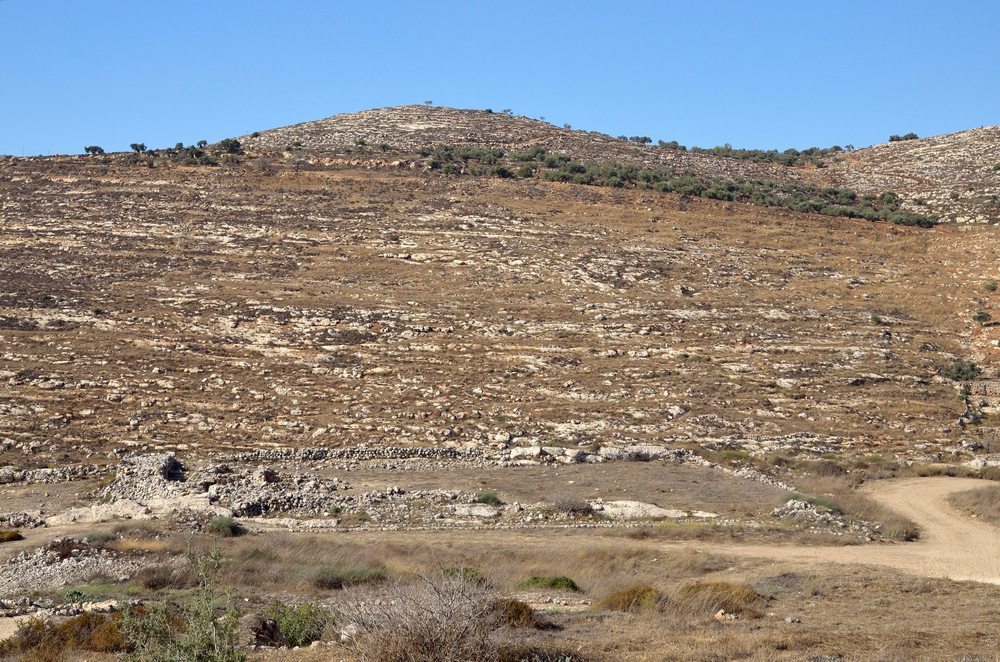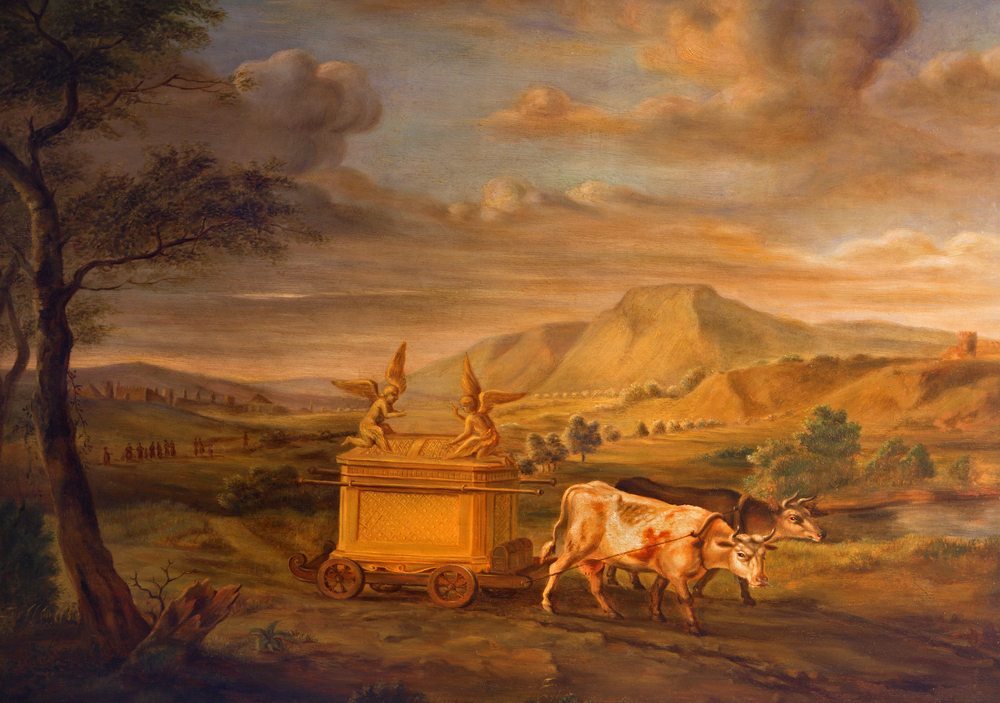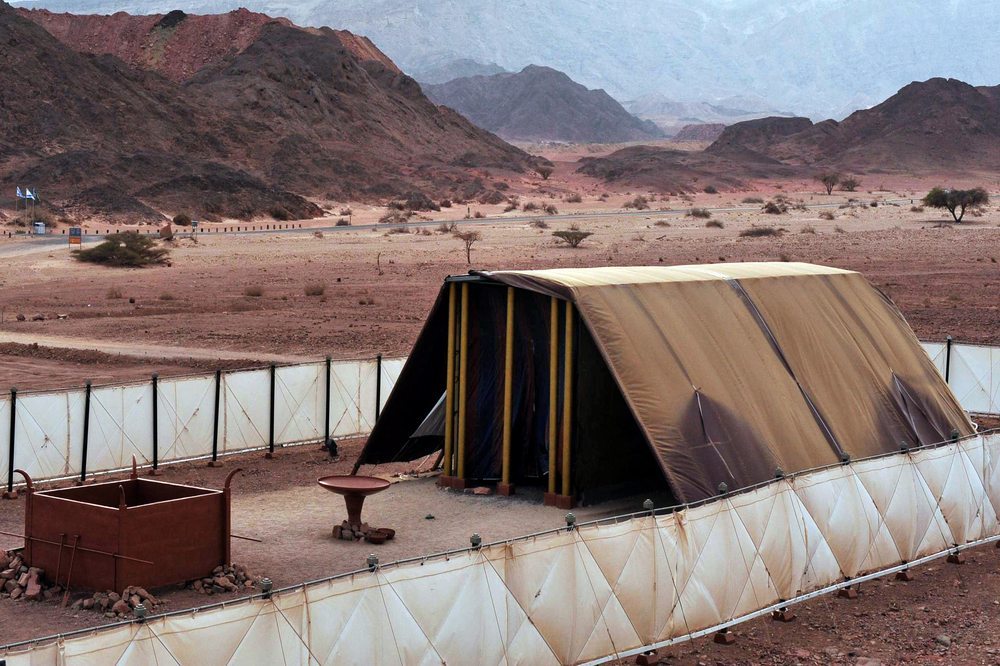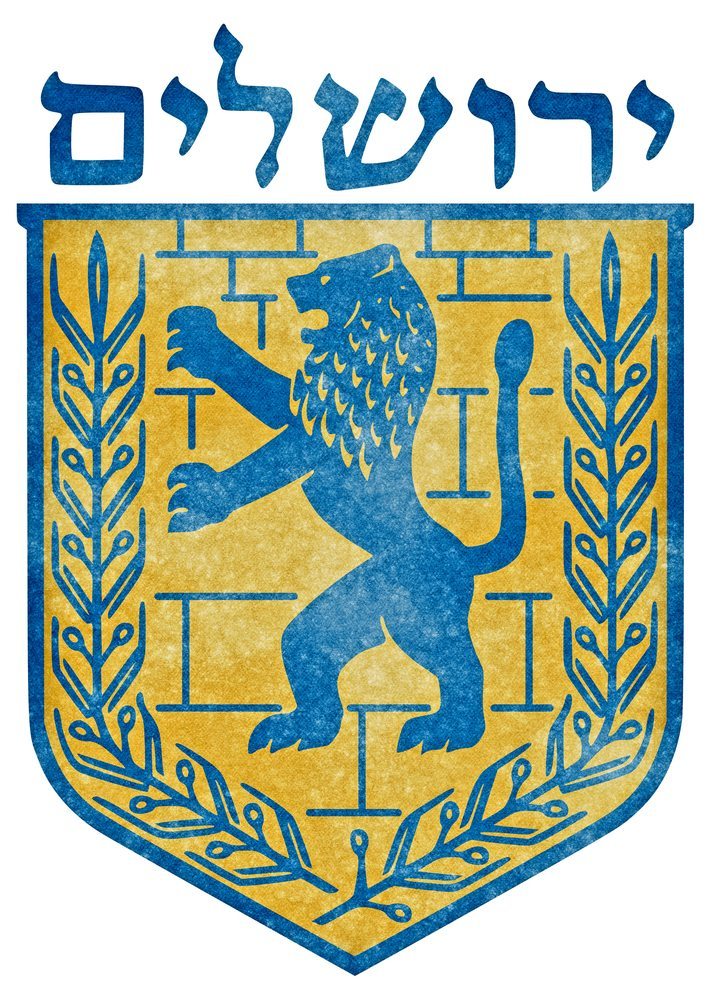
An enclosed stone structure which some archaeologists believe was the site of the Tabernacle at Tel Shiloh
For many Americans the name “Shiloh” evokes gruesome thoughts of one of the bloodiest battles of the Civil War, fought in April 1862. For others it evokes fond memories of Neil Diamond, who one century later (1967) famously sang:
Shilo when I was young,
I used to call your name
When no one else would come,
Shilo you always came and you’d stay
But several millennia before these modern uses of the name, Shiloh was one of the most important cities in ancient Israel.
Prior to the establishment of the monarchy, during the period of the Judges (1200-1000 BC), Shiloh was the most important Israelite religious center in the country. It was here that the Ark of the Covenant containing the tablets of the Law was housed. Recall that there was no Temple at this point in Jewish history. The Ark was placed inside the Tabernacle (mishkan): the same movable, temporary structure used during the Exodus years.
Therefore it should come as no surprise that it is to Shiloh that the family of Elkanah comes to worship in the opening chapters of the first book of Samuel.
There was a certain man of Ramathaim, a Zuphite from the hill country of Ephraim, whose name was Elkanah son of Jeroham son of Elihu son of Tohu son of Zuph, an Ephraimite. He had two wives; the name of the one was Hannah, and the name of the other Peninnah. Peninnah had children, but Hannah had no children. Now this man used to go up year by year from his town to worship and to sacrifice to the LORD of hosts at Shiloh, where the two sons of Eli, Hophni and Phinehas, were priests of the LORD. (1 Samuel 1:1-3)
It is also from Shiloh that the Ark of Covenant is taken out into the battlefield at Eben-ezer, several chapters later:
When the troops came to the camp, the elders of Israel said, “Why has the Lord put us to rout today before the Philistines? Let us bring the ark of the covenant of the Lord here from Shiloh, so that he may come among us and save us from the power of our enemies.” So the people sent to Shiloh, and brought from there the ark of the covenant of the Lord of hosts, who is enthroned on the cherubim. The two sons of Eli, Hophni and Phinehas, were there with the ark of the covenant of God. (1 Samuel 4:3-4)
Tragically, the ark was captured by the Philistines and never returned to Shiloh. It was eventually returned to the Israelites, but at the end of its long journey it ended up in Jerusalem. Shiloh would never regain the fame it once had.
 To make matters worse, following the death of Solomon in the late 10th century BCE, the Israelites’ territory was divided into two kingdoms: the Northern Kingdom of Israel and the Southern Kingdom of Judah. Shiloh was located in the northern region, while Jerusalem was in the south. This is the historical backdrop to one of the most famous biblical verses that mentions Shiloh:
To make matters worse, following the death of Solomon in the late 10th century BCE, the Israelites’ territory was divided into two kingdoms: the Northern Kingdom of Israel and the Southern Kingdom of Judah. Shiloh was located in the northern region, while Jerusalem was in the south. This is the historical backdrop to one of the most famous biblical verses that mentions Shiloh:
The scepter shall not depart from Judah, nor the ruler’s staff from between his feet, until he comes to Shiloh; and the obedience of the peoples is his. (Genesis 49:10)
This verse is part of the blessing of Jacob to his son Judah at the end of the book of Genesis. The message is that the tribe of Judah, from which King David and his successors all came, will maintain royal power (“scepter” and “staff”) forever. Even foreign nations (“peoples”) will eventually pay homage to Judah. The dominance of Judah in the land is expressed in specific geographical terms. The tribe will extend their border north all the way to the forgotten site of Shiloh, essentially restoring the glory of the United Monarchy. The trouble is that Judah’s monarchy (the Southern Kingdom) fell in 586 BC when the Babylonians conquered it. So ostensibly the prophecy of Jacob is no longer valid today. Or maybe this is not a problem at all. Perhaps the promise of eternal kingship is still valid. The current absence of a Judahite king is a temporary interlude until a future Judahite comes to restore kingship. Post-biblical commentators often looked to this verse as a promise of the future Messiah who would restore the House of David. The word “Shiloh” in the verse, which is spelled שילה, can be read in a literal, historical manner: “until the southern kingdom reconquers the northern city of Shilo.” Or it can be read in a more expansive way. Instead of Shiloh we can pronounce the words Shelo (שלו) which means “that which is his”. This clever rereading gestures in the messianic direction. The insinuation here is: “God shall uphold his promise to Judah even till the royal figure comes to claim the dominion that is his due.” (Jewish Study Bible, 97)







Thank you for these emails. I see the Lord working through you! We are reading thru the Bible with our Grandchildren. We started in Genesis and last night we finish the book of Ruth. So I was praying this morning about how to read through the next book, 1 Samuel. When I opened your email, it JUMPED out at me, lol! Your entire email was devoted to teaching on 1 Samuel chapter1! God bless your ministry!